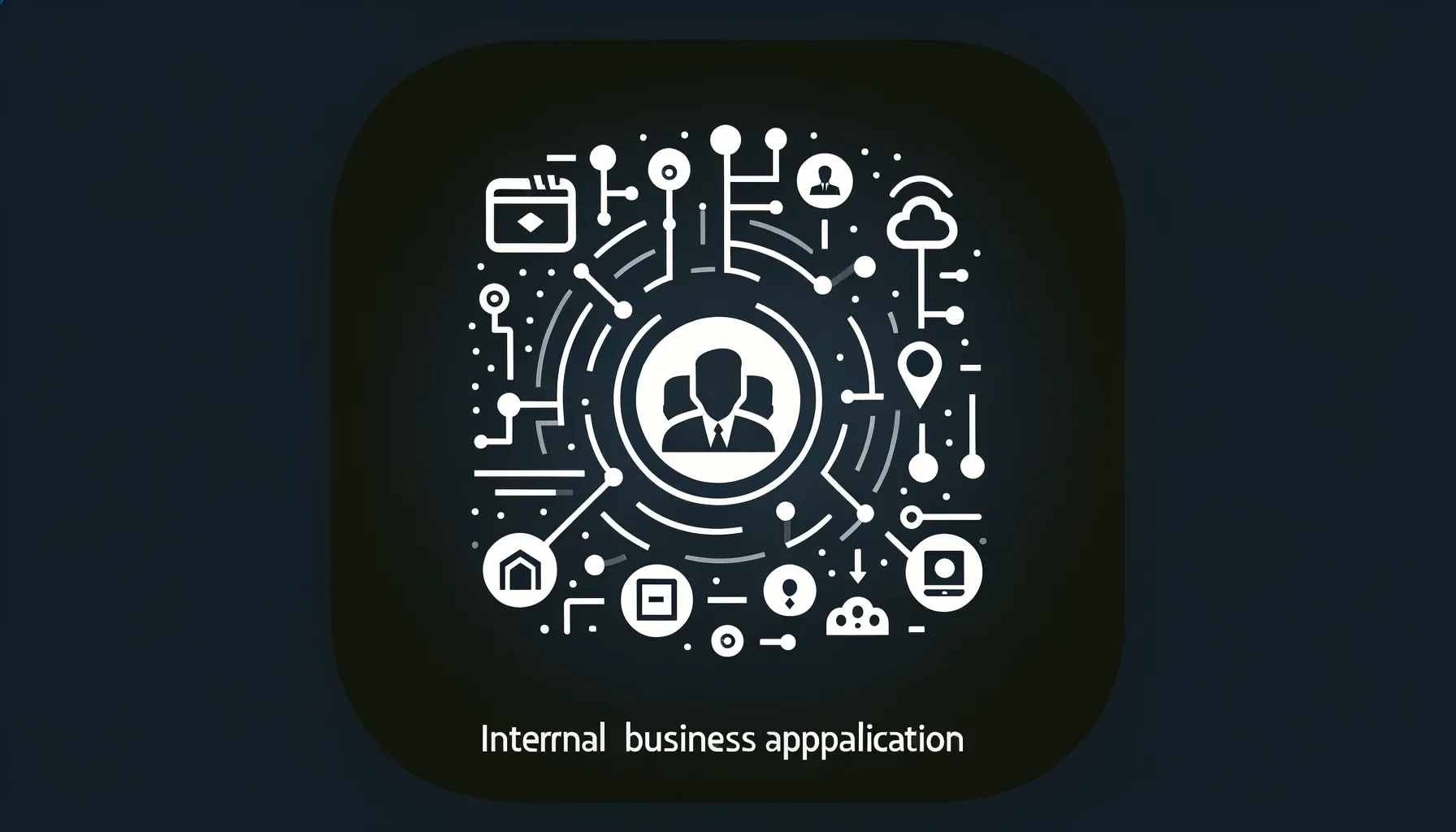Differences Between ERM and CRM Systems
Get in Touch
- Phone
(+44) 07305744629
- Email Now
contact@appsmedia.co.uk
20-22, Wenlock Road, 20-22, Wenlock Road

The Strategic Importance of Internal Apps for Corporate Efficiency
In an era where digital transformation dictates the pace of business evolution, internal applications (apps) have emerged as indispensable tools for corporations seeking to enhance operational efficiency, employee engagement, and overall productivity. Unlike customer-facing apps designed for the broader market, internal apps are tailored to the specific needs and workflows of a company, serving as a critical component in the digital infrastructure that underpins modern corporate operations. This article delves into the essence of internal apps, their benefits, and the pivotal role they play in fostering a more efficient, connected, and agile corporate environment.
Understanding Internal Apps
Internal apps refer to software applications developed or deployed by a company for exclusive use by its employees or stakeholders. These apps are designed to streamline business processes, facilitate communication and collaboration, automate routine tasks, and provide instant access to essential company resources and information. From HR management systems and project tracking tools to internal communication platforms and knowledge bases, internal apps cover a broad spectrum of functionalities tailored to enhance organisational efficiency.
The Benefits of Internal Apps
Implementing Internal Apps: Key Considerations
The journey towards integrating internal apps into a company’s digital ecosystem involves several critical steps, including identifying specific business needs, involving end-users in the development process, ensuring data security, and providing adequate training and support. Moreover, it's essential to adopt a continuous improvement mindset, where feedback is regularly solicited and used to refine and enhance the app over time.
In the competitive landscape of modern business, the strategic implementation of internal apps is not merely an option but a necessity for companies aiming to enhance operational efficiency and maintain a competitive edge. By leveraging the power of custom-developed applications, businesses can achieve a more engaged workforce, streamlined processes, and a robust digital infrastructure capable of supporting their evolving needs. As we move forward, the role of internal apps in shaping the future of corporate efficiency and productivity will undoubtedly continue to grow, making them a cornerstone of digital transformation strategies across industries.